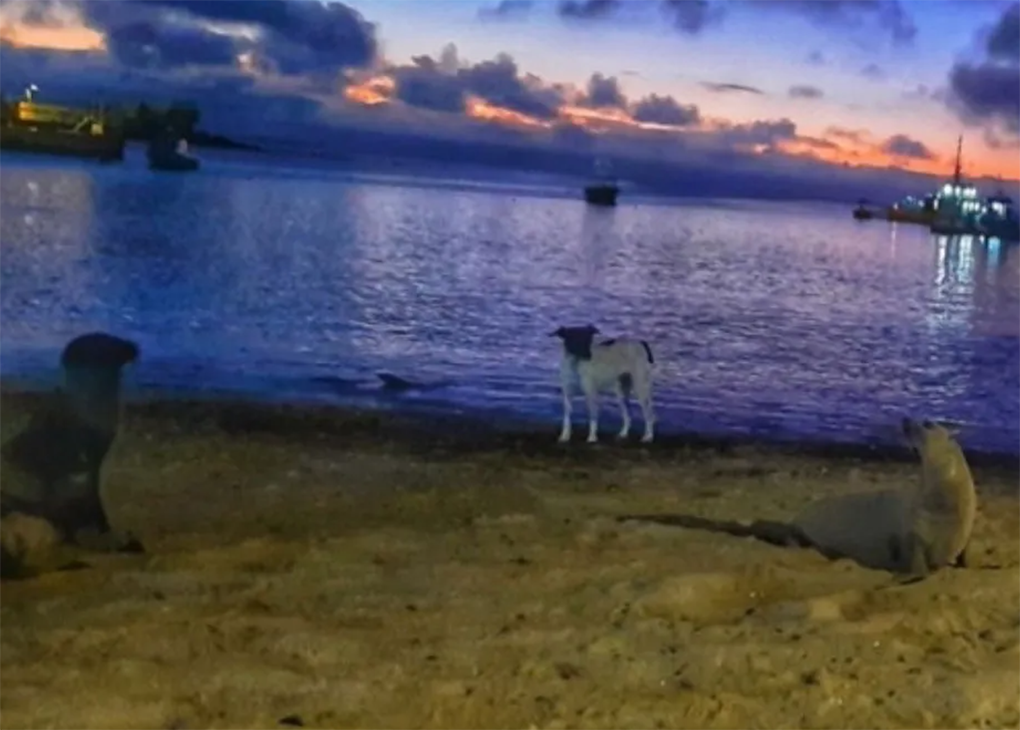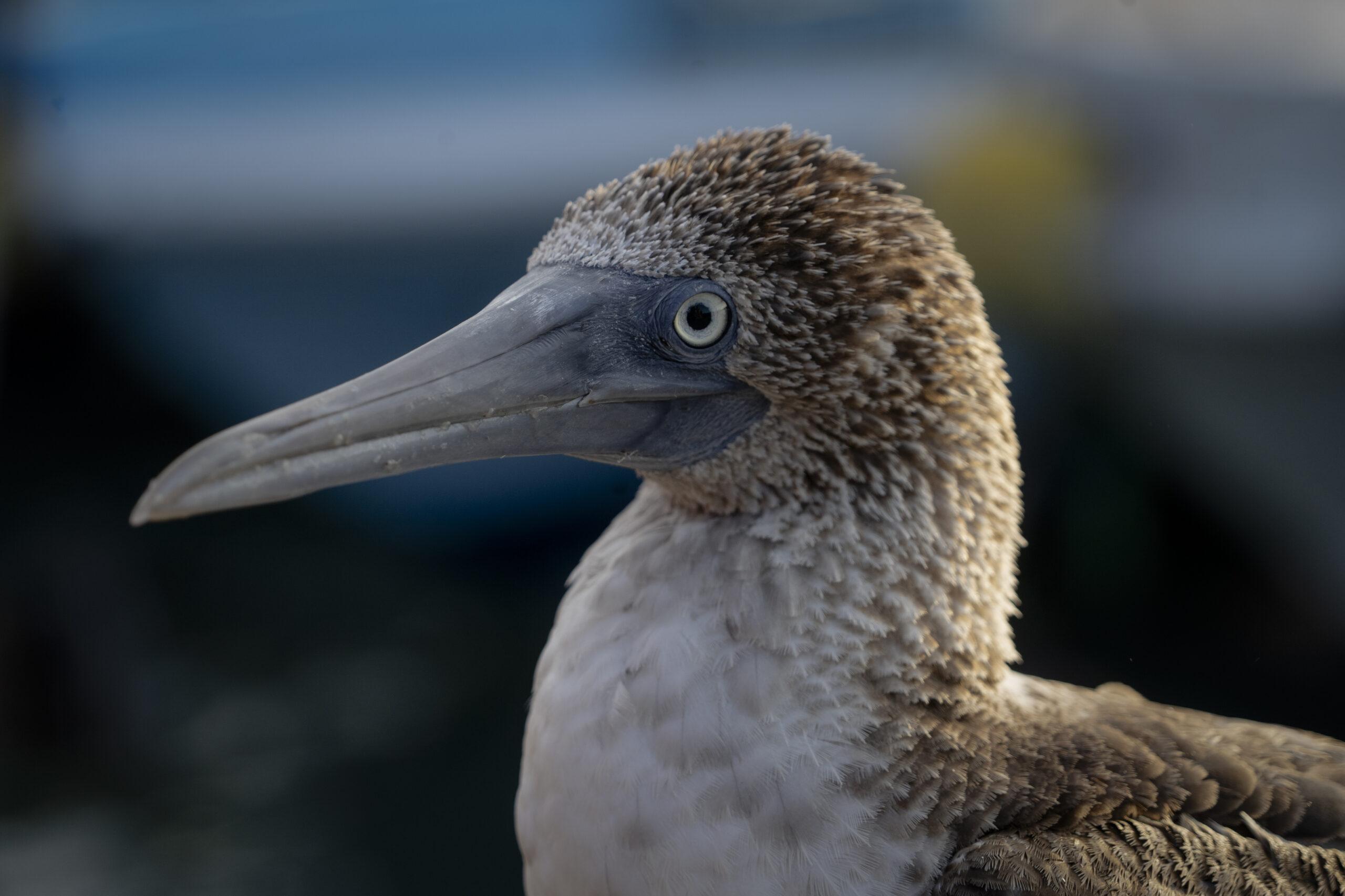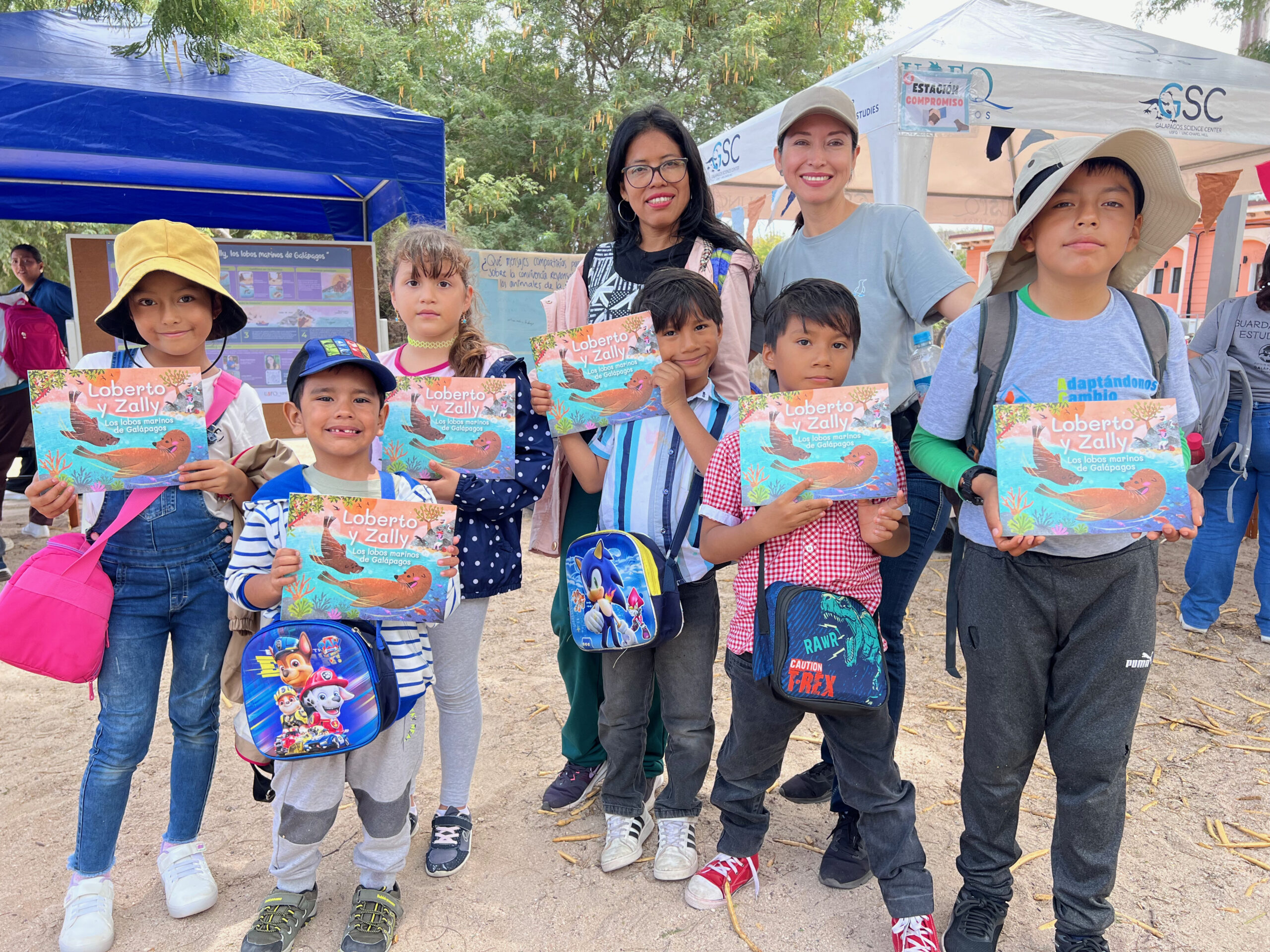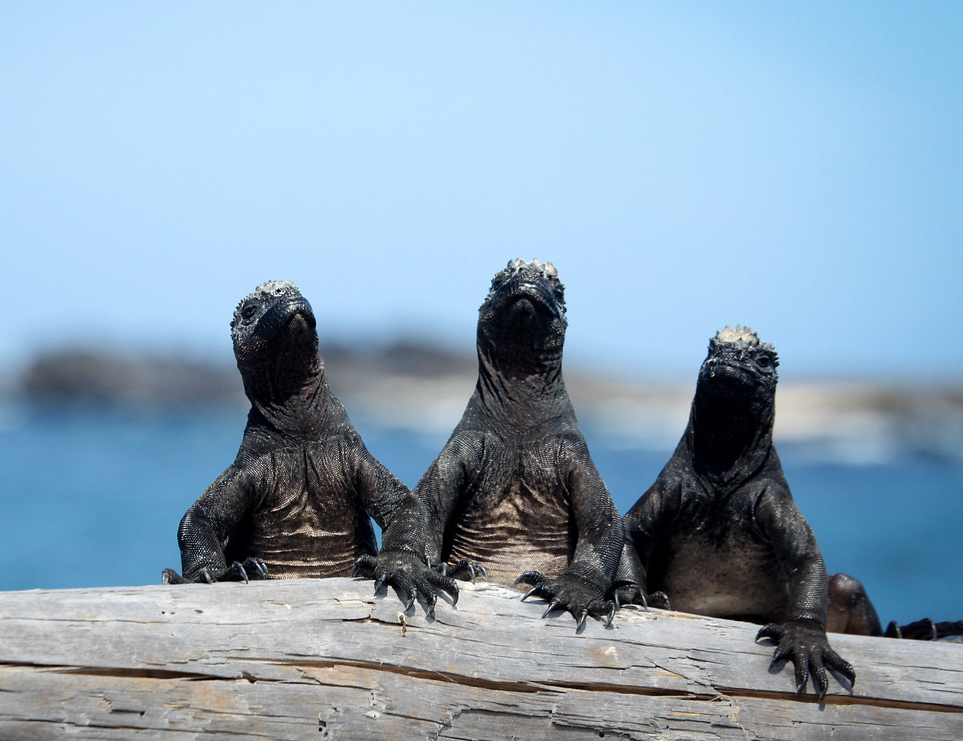Resumen:
Este estudio se centró en el concepto de la medicina de conservación en un hotspot de biodiversidad del reino Neotropical: las Islas Galápagos. El equilibrio de la vida silvestre ha sido modificado por parásitos multi-hospedadores introducidos con algunos animales domésticos (perros y gatos). La especie endémica y en peligro de extinción, el león marino de Galápagos (GSL, Zalophus wollebaeki), ha estado expuesta a patógenos de origen canino y felino que podrían convertirse en un problema de conservación significativo para esta especie. Uno de estos casos potenciales es la infección del gusano del corazón, Dirofilaria immitis, que se ha informado en otros pinípedos, con fatalidades y síntomas clínicos. Por lo tanto, este estudio evaluó la presencia de la microfilariasis de D. immitis en perros de Puerto Baquerizo Moreno, Isla San Cristóbal, donde vive la colonia más grande de GSL y donde la proximidad a los perros domésticos es la más íntima en comparación con otras colonias del archipiélago. Entre julio y septiembre de 2021, se recolectaron 587 muestras de sangre de perros propiedad de Puerto Baquerizo Moreno. En general, 10 perros (1.7%) dieron positivo para la presencia de microfilarias de D. immitis con un intervalo de confianza del 0.7% -2.8%. No se identificaron otras especies de filarias. Solo se observaron diferencias significativas en la prevalencia entre las diferentes categorías de perros para la edad (p = 0.001). Este estudio representa el primer informe de D. immitis, el agente de la enfermedad del gusano del corazón canino, en perros de la Isla San Cristóbal. Por lo tanto, la presencia de microfilarias de D. immitis en la sangre de los perros podría aumentar el riesgo de infección al que está expuesto el GSL en la región.
Obtenga más información sobre el estudio en el enlace.






